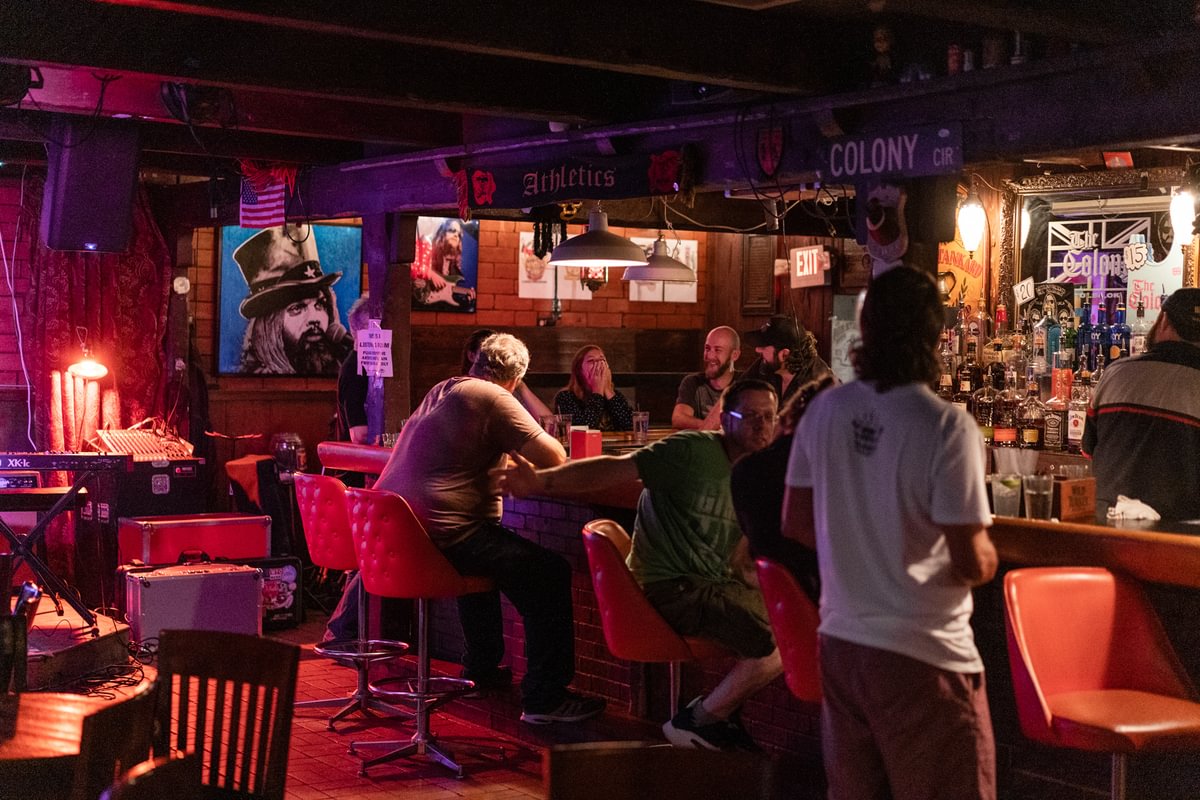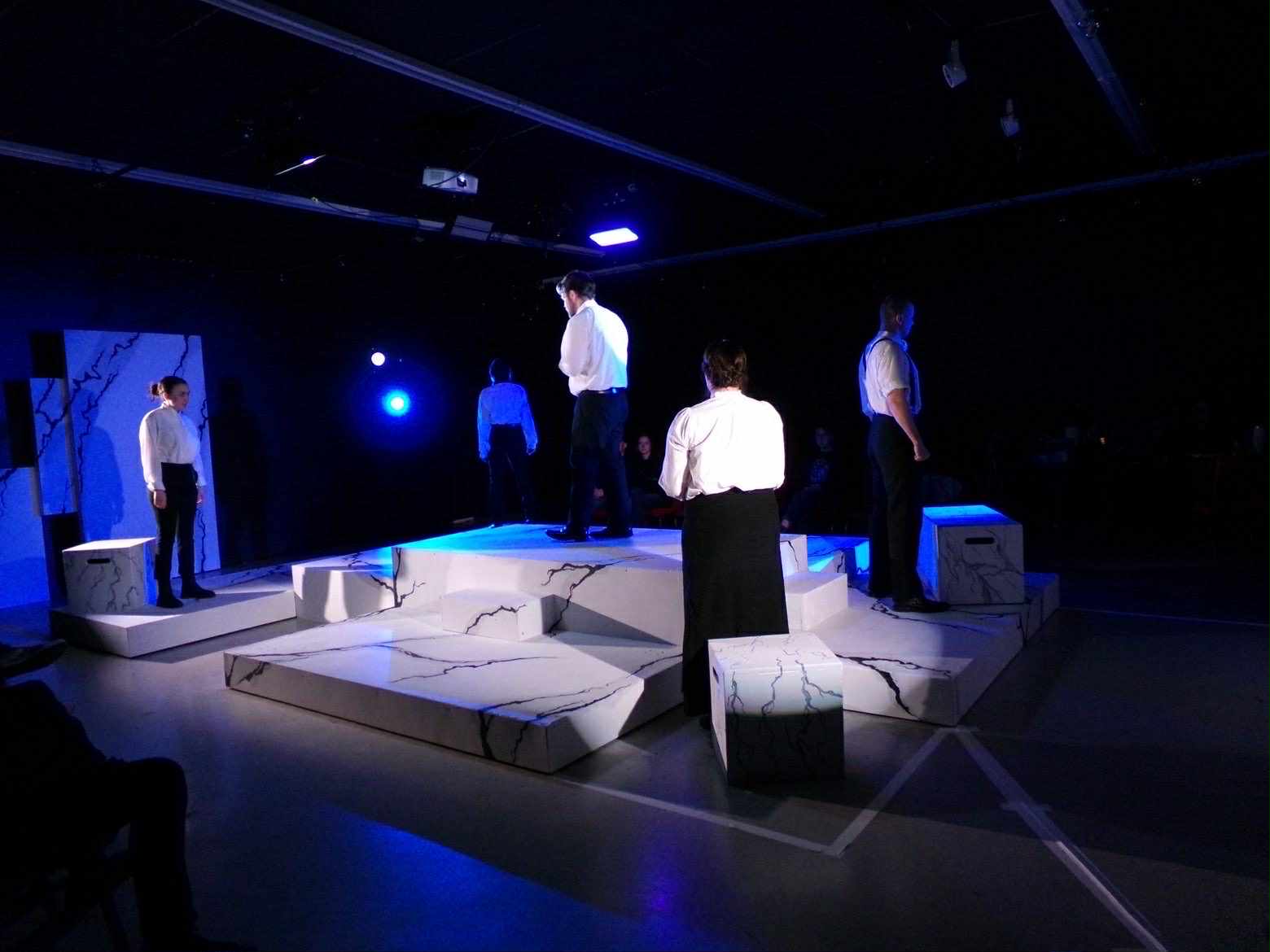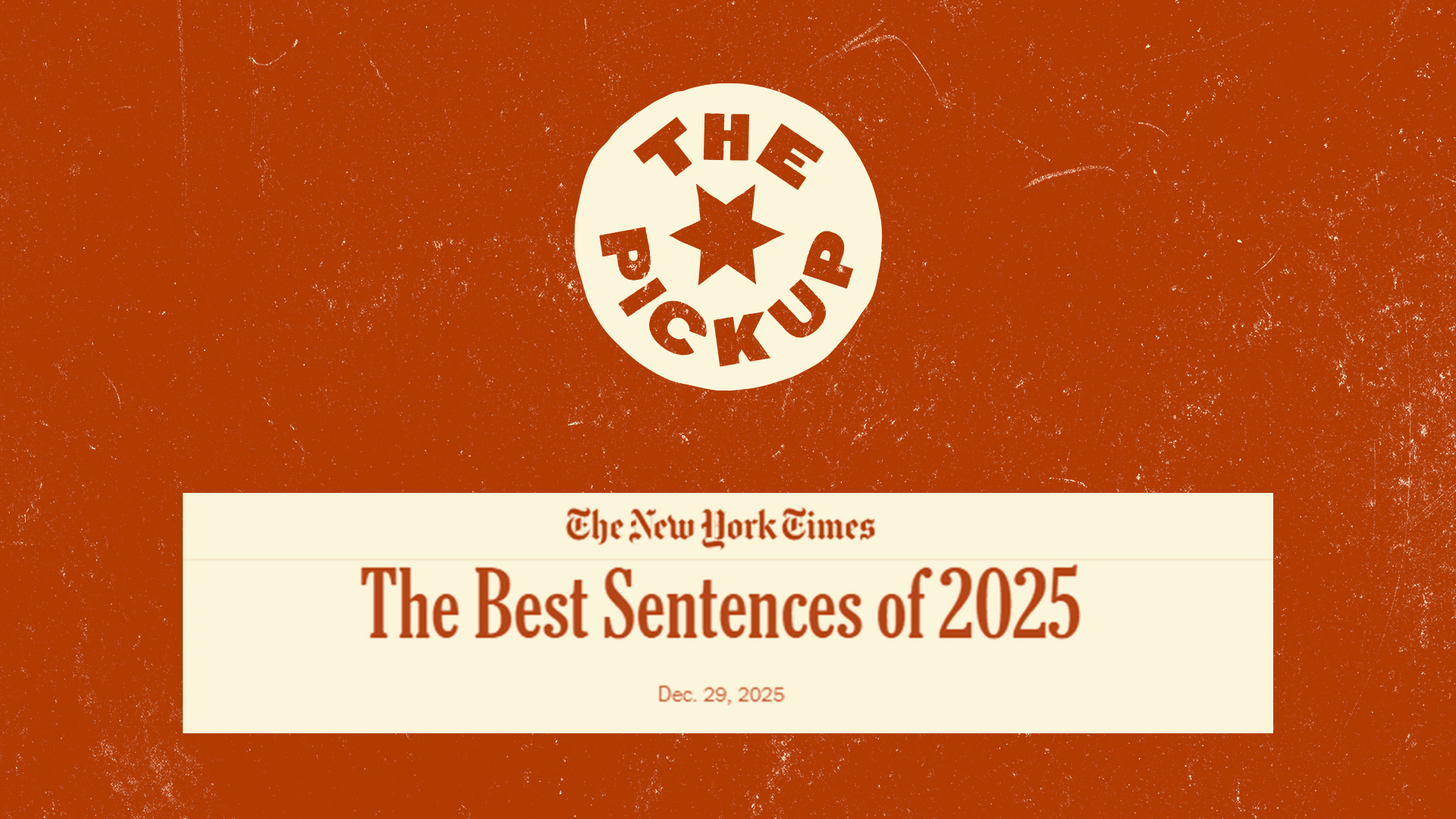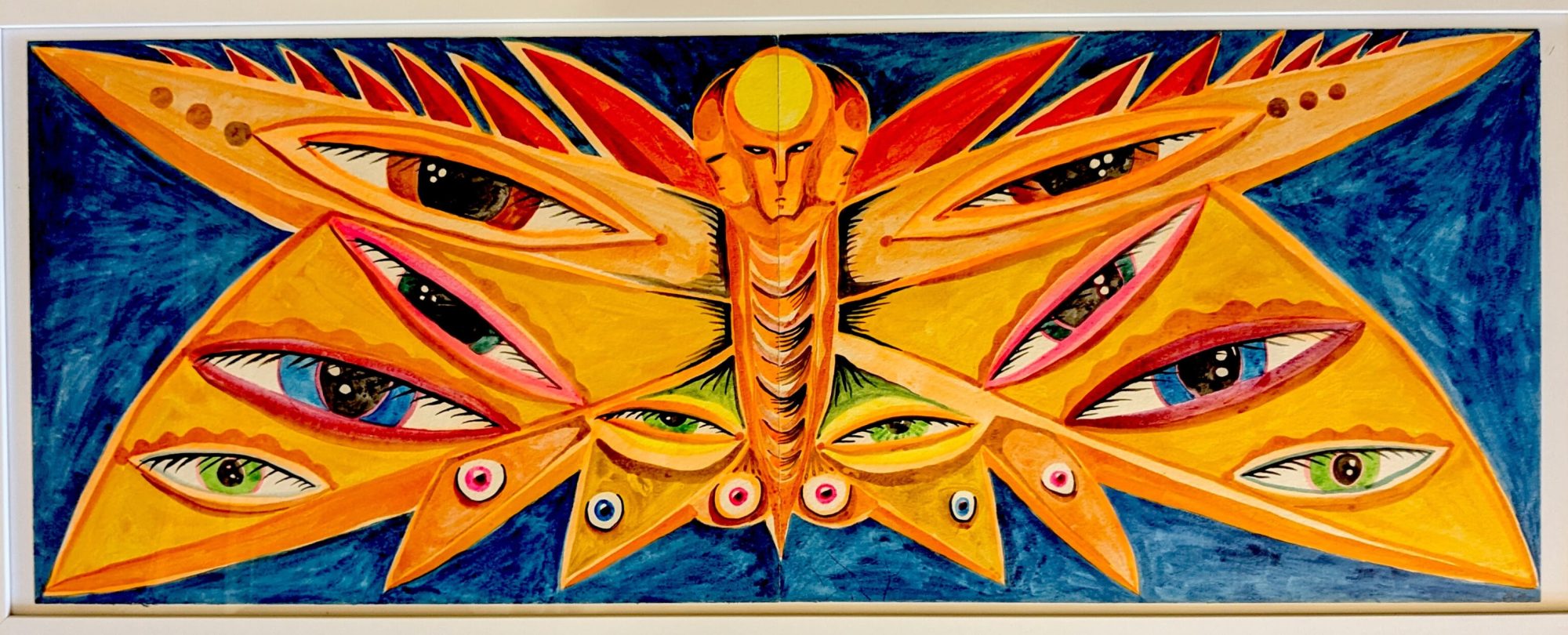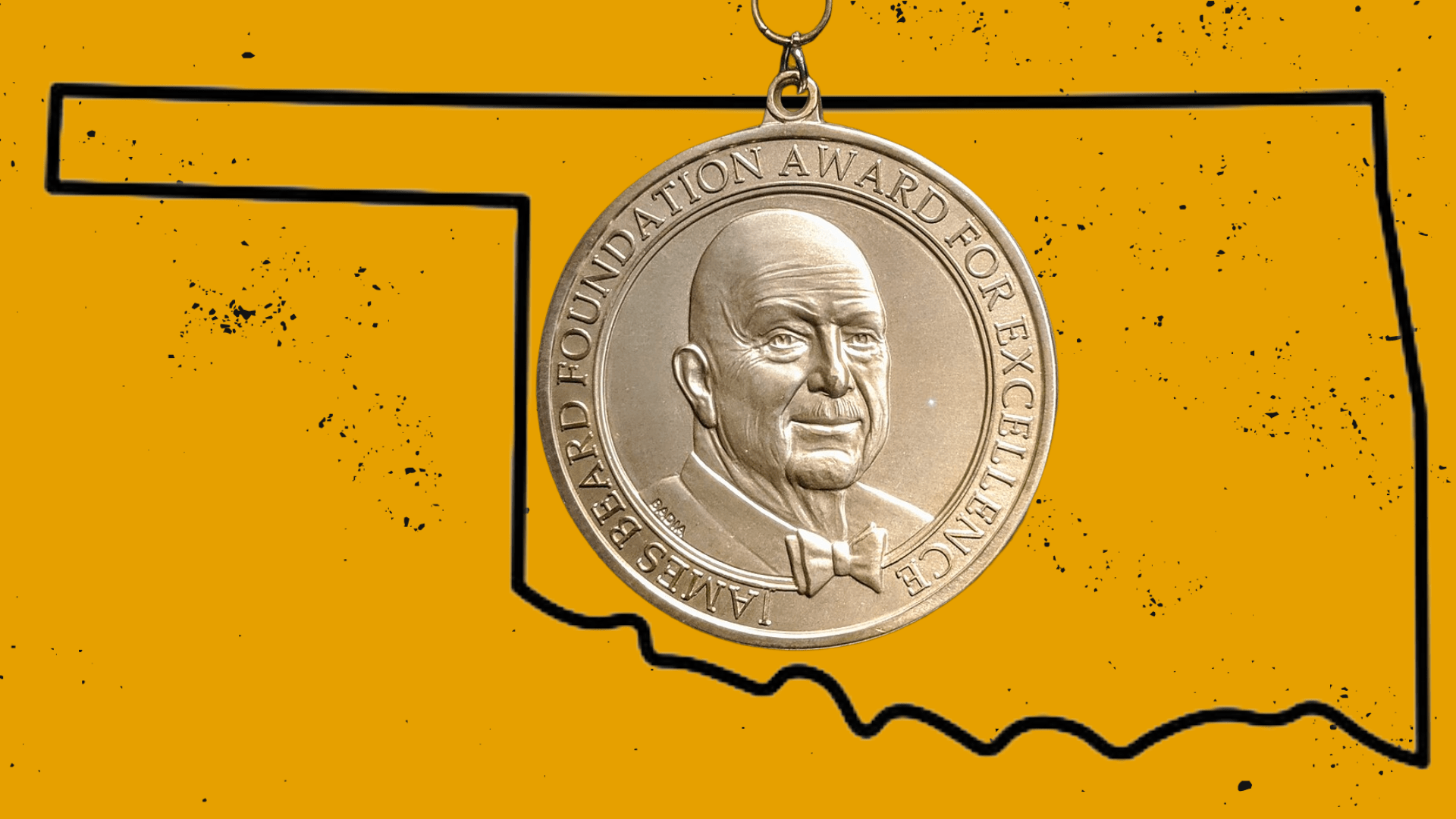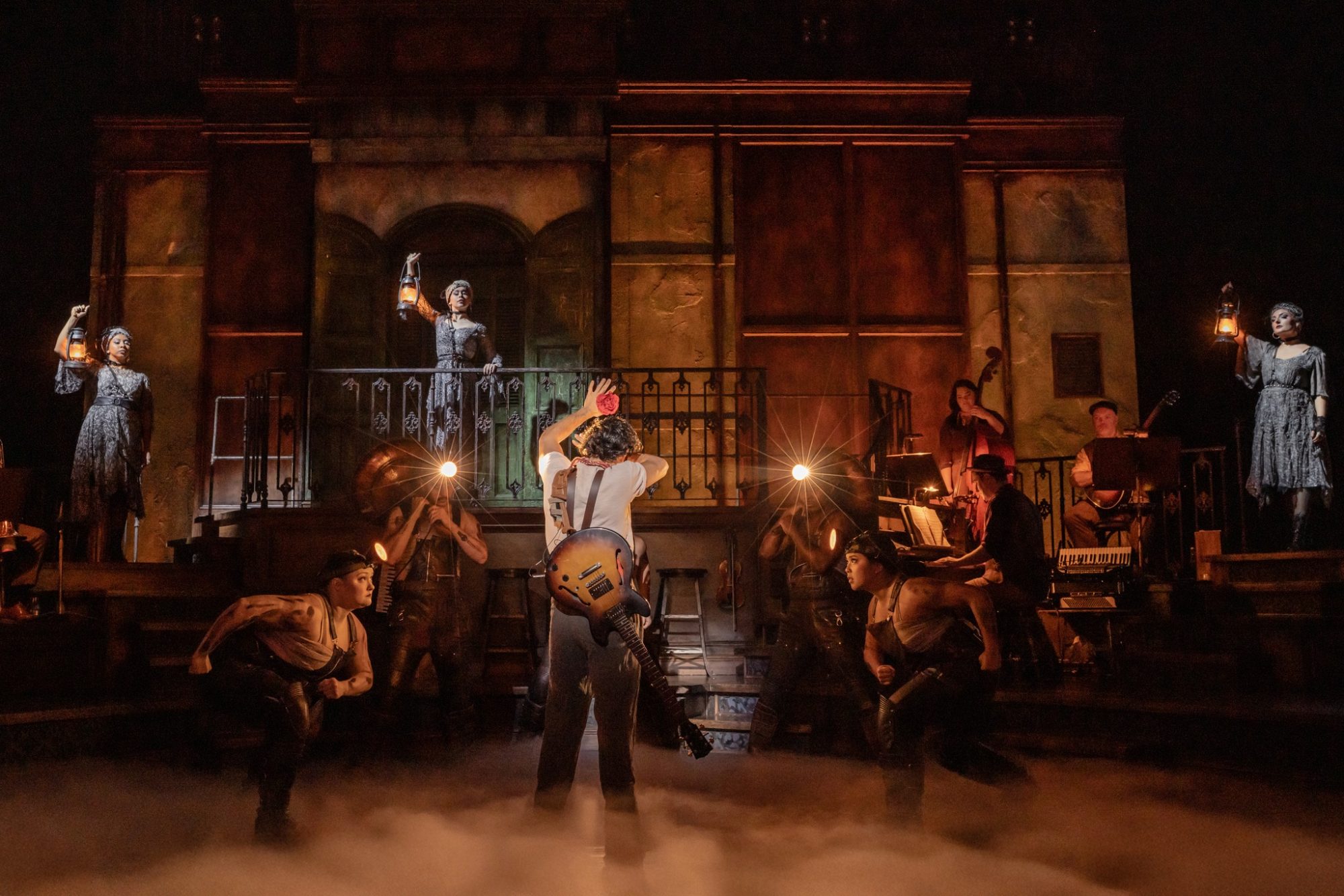The first time I rolled into the building now called The Colony at 28th and Harvard, I was in my mid-30s. I leaned against the hood of my Corvette, my Ray-Bans perched low on my nose—too cool to move. A carload of my Friday happy-hour let’s-get-the-weekend-started buddies rolled up alongside. The bar, at that time, was called IV Play (say it out loud). It was the mid-1970s.
After exchanging the customary insults, we piled into the darkness of the establishment. At first blush, the interior reminded me of those 1960s coffee houses filled with counterculture beatniks spouting poetry from the stage and condemning war. Barely visible through stale cigarette smoke, a sign on the wall announced that this dive bar had served its first cocktail in 1958. My Friday afternoon clan followed me to the bar, ordered 25-cent beers, and strolled to the backroom pool table to plug the jukebox and unwind.
Some of my buddies had fought in Vietnam war trenches, some had fired on other humans, and some smoked weed to cope. In contrast, I served as a Navy dentist—Lieutenant Gerkin at your service—stationed in the desert of White Sands Missile Range, NM, 88002. There were no trenches. I was on the Navy rifle team, so my only enemy was a wood target at 400 yards. As for pot, we lived on a high-security base with teams of new Military Police following us home from the front gate, watching us walk in the front door, listening to phone calls. Possession of weed resulted in a court martial and a term in the Ft. Leavenworth Prison. What would you do? Mainly, I pounded down beers at the enlisted men’s bar, listening to music that played too loud. Maybe IV Play felt like home.
Country Joe and the Fish released a song in 1965 with the lyrics: “Be the first one on your block to have your boy come home in a box.” Thousands of boys did come home in boxes. Regularly, war trauma received a little Friday afternoon therapy session.
* * *
Recently, on a cold winter day, I parked my Silverado in an empty slot along the bar’s front entrance. I stood next to the truck and gazed, now without Ray-Bans, at the façade. A different sign announced a years-ago change of the name to The Colony—an outdoor deck was nicely re-done. The door showed the tell-tale signs of age.
It was a few minutes after the 4:00 p.m. opening time, and the drinking buddies of old weren’t expected. Some had passed. Some fell by the wayside. I thought about them, nonetheless.
One change from the past would be my absence at the closing time of 2:00 a.m.; if I stayed till then, my greeting at home would not be friendly. Those days are gone. Well, most of the time.
I pulled the Colony’s door open. As it clunked closed, I saw three patrons bellied up to the bar where a jovial bartender with a black T-shirt printed “Got Mack” joked with a couple. His black hat rested brim-to-the-back. He called himself Doug. I shook his hand and used my cowboy name, Spud. He didn’t flinch. He’s used to wise guys, I guessed.
He brought my PBR. I moved to the end of the bar, sat on a worn stool away from the conversation, and took a swig. The chatter between the patrons and Doug melted away as I envisioned those old days playing like a film in my head. Cary stood at the top of the pool table, chalking his cue stick. Skip needled him about the suggestive way he was holding it. Others joined in the banter as Cary crouched to make his break shot. He hit the cue ball as hard as he could; the smack of the collision sounded like a gunshot. Several balls flew off the table, landing at the feet of the hecklers. The look on Cary’s face and the roar of the laughter around him drew a few patrons from the bar to look at the fuss. No credits rolled on the film, but I knew all the actors and embraced the memory.
“Hey, Doug,” I called out, holding up my empty beer can. The second beer tasted as good as the first: a dangerous sign. I have changed, and I haven’t, in the past half-century. Change is not always progress, of course; if it were, why would we value touchstone places from the past? Just because they haven’t evolved into the latest and greatest doesn’t mean they have less value. Some may say that too much progress erases an appreciation for what came before. I looked around. The bar and the wooden bar posts were unchanged. I rubbed my hands on the wooden surface as if I were a genie, hoping some of my lost buddies might appear, hoping nobody saw me.
Changes affect our state of mind. Changes alter who we are. Most agree that transforming from an immature, self-absorbed young adult to an older person with direction and depth is progress.
Yet, progress can be temporarily reversed with no more adverse side effects than a bubbly head. The Colony’s front door is the entrance to a time machine that transports me and likely others to a time of no cell phones, no electric cars. The name had changed, but the spirit had not. I felt like stepping into yesteryear a step or two. Would that be a bad thing?
The door opened and closed repeatedly for strangers and regulars, their faces turning from worry to relief. They greeted each other with laughter and slaps on the back. The demographic was varied—millennials and white-hairs, some in work clothes, some in oversized sweatshirts, others dressed to impress. They were different. They were the same. They were casual and unpretentious.
Some rocked gently to the music, and some sat quietly in the booths, observing the scene, smiling for no reason. Perhaps they embraced The Colony as a cozy and comfortable sense of place. Here, there are no bright lights of a corporate-owned establishment with sports playing on a hundred screens or bartenders with tux shirts. The Colony has a soul. I felt at peace just sitting there. Sure, there is new ownership by three local musicians, the Union Jack logo is now a beehive, and several cosmetic features have facelifts, but the changelessness of its core makes the Colony an unchanged staple.
My third brew had come and gone—time to go. But I’ll be back to embrace this icon that succeeds without change.
